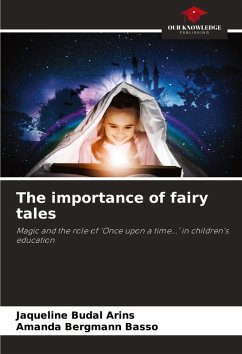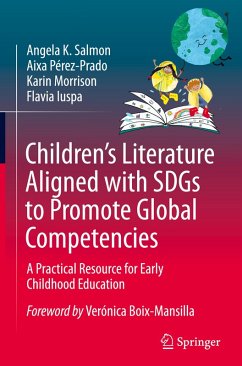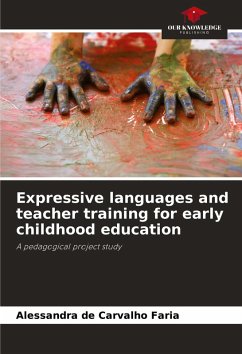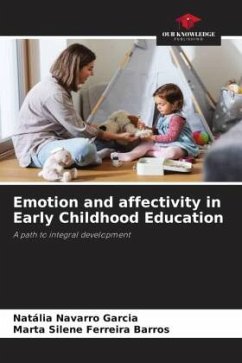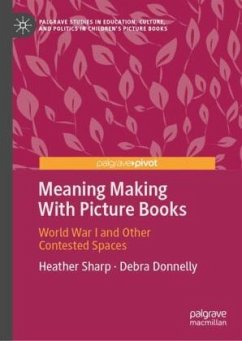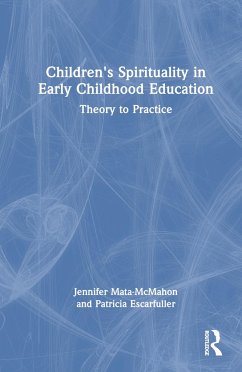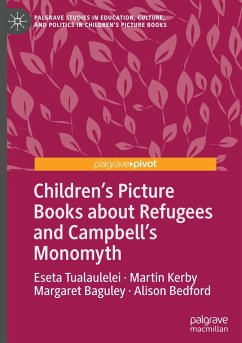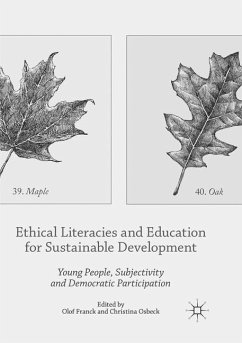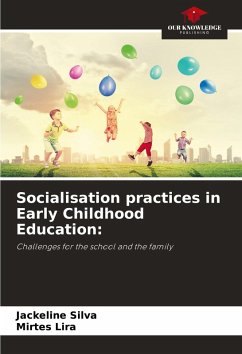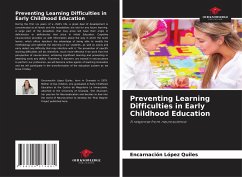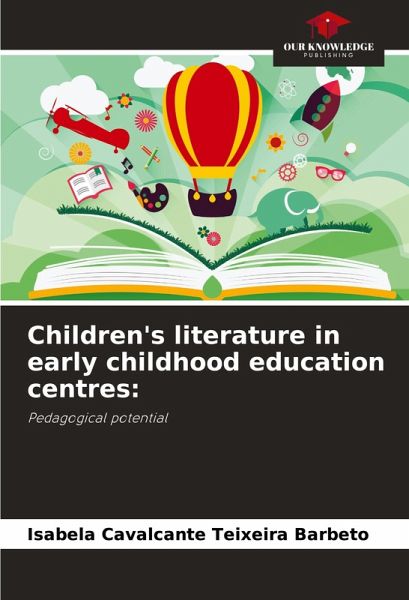
Children's literature in early childhood education centres:
Pedagogical potential
Versandkostenfrei!
Versandfertig in 6-10 Tagen
24,99 €
inkl. MwSt.

PAYBACK Punkte
12 °P sammeln!
'With regard to the objectives of training readers in early childhood education, for Vygotsky, it is language that helps children to discern their thoughts, in other words, a child who speaks little, who doesn't draw or use other types of language, doesn't have well-organised thoughts. Therefore, the literary text becomes a fundamental part of stimulating children to develop their language. In this process, the teacher is the true mediator; it's up to him/her to choose a text that is polysemic, symbolic and that allows for the humanisation advocated by Antonio Candido. Children's literature is...
'With regard to the objectives of training readers in early childhood education, for Vygotsky, it is language that helps children to discern their thoughts, in other words, a child who speaks little, who doesn't draw or use other types of language, doesn't have well-organised thoughts. Therefore, the literary text becomes a fundamental part of stimulating children to develop their language. In this process, the teacher is the true mediator; it's up to him/her to choose a text that is polysemic, symbolic and that allows for the humanisation advocated by Antonio Candido. Children's literature is presented as an art form that provides pedagogical potential within the context of early childhood education, in the reality of Children's Education Centres. Through a didactic strategy, using Clarice Lispector as a mediator. So we saw that children's literature can be pedagogically enhanced in the context of early childhood education.'





